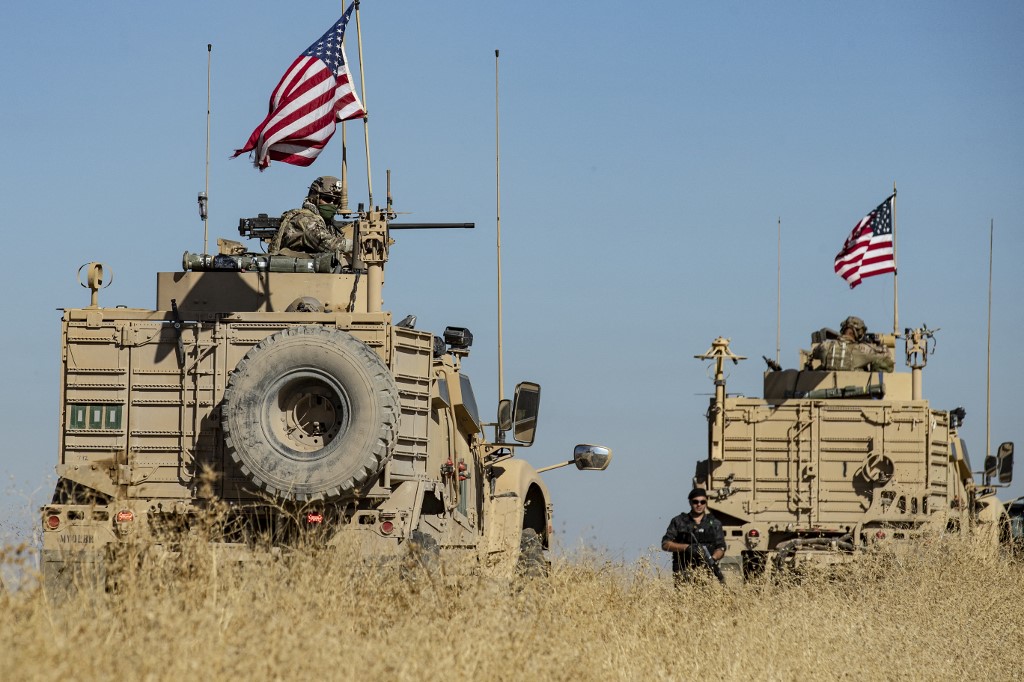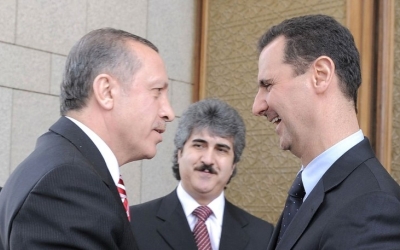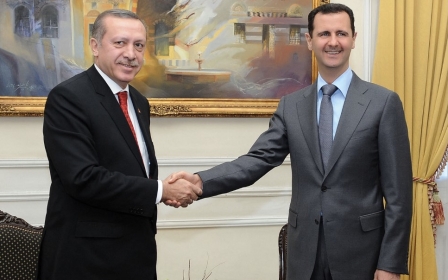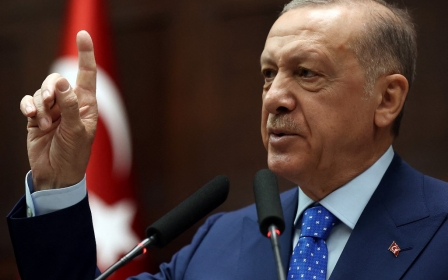Turkey-Syria reconciliation: Will it really happen?
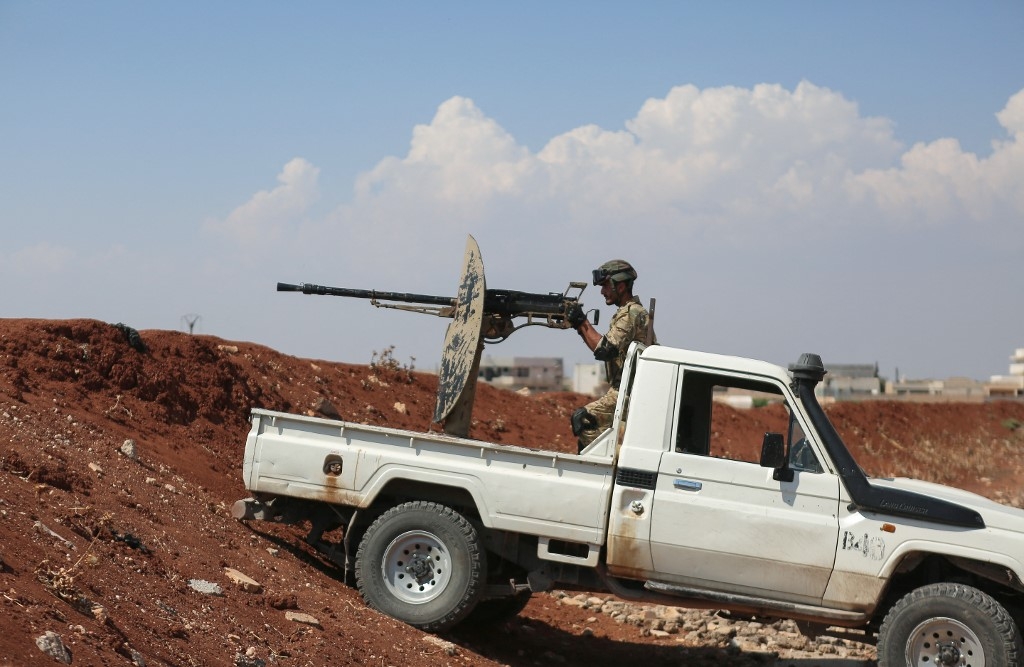
Statements from Turkish officials in recent weeks have pointed to Ankara’s shifting approach in Syria. A week after Foreign Minister Mevlut Cavusoglu announced he had met his Syrian counterpart last year, President Recep Tayyip Erdogan went further, noting that Turkey does not seek the removal of Syrian President Bashar al-Assad: “We don’t have such an issue, whether to defeat Assad or not.”
These developments have emboldened the Turkish opposition, who have staunchly defended Assad and used hostility towards refugees as a political trump card in Turkey.
The case of Daraa shows that reconciliation with an unreformed government is not a good idea
As the Syrian war unfolded over the years, the West opted to take a stand against the presence of the Islamic State (IS), rather than attempt to overthrow Assad. At the same time, Turkey drifted away from the West and closer to Russia, particularly after the failed 2016 coup attempt against Erdogan.
Ankara subsequently turned its attention to defeating the Kurds in Syria, citing the threat of a “terror corridor” along its own border. This fuelled tensions with the US, whose support has bolstered the Kurdish People’s Protection Units (YPG) in Syria. Turkey’s practical focus has since been on its own border security, rather than on being the shepherd of the revolution. The overthrow of Assad has been out of the equation for years.
Yet, while Turkey has changed its strategic target in Syria, it has not stopped using anti-regime rhetoric to motivate its local opposition allies, pointing out that their symbiotic relationship serves the Syrian revolution.
New MEE newsletter: Jerusalem Dispatch
Sign up to get the latest insights and analysis on Israel-Palestine, alongside Turkey Unpacked and other MEE newsletters
Close cooperation
As Turkey launched Operation Peace Spring in 2019, aiming to remove Kurdish fighters from the Turkey-Syria border area and to establish a “safe zone” for refugee resettlement, Ankara encountered another formidable enemy: Iran-backed groups.
While the YPG has tried to create the perception of distance from these groups, in order to preserve US aid, there are reports of the YPG using Iranian weapons and closely cooperating with Tehran. Turkey should pay close attention to this issue in the context of a potential reconciliation with the Assad regime.
There is no reason why the Syrian Kurds will not enter into a relationship of direct cooperation with Iran-backed forces, as has occurred with Kurdish forces and Iran-backed militias in Iraq. These Iran-backed groups are Assad’s real source of power, as compared with his own relatively weak army.
The YPG already cooperates with the Assad regime. In 2018, Turkish forces shelled Syrian pro-government militia fighters as they entered Afrin to aid the YPG. After being defeated in Afrin, the YPG realised that it needed to work with the Russian and Syrian regimes to thwart Turkey’s operations.
In the same vein, as Turkey has recently raised the prospect of a new operation against the YPG in northern Syria, regime flags were raised over YPG-controlled Tal Rifaat and Manbij. For the Assad regime, the YPG is a group that can be negotiated with, and a secondary problem compared with the Syrian opposition.
Amplified threat
When it comes to a potential reconciliation between the Turkish and Syrian regimes, there are some notes of caution to highlight. Human Rights Watch has outlined how Syrians who have returned to Daraa have been targeted by the regime - a threat amplified for anyone with links to the Syrian opposition.
In other words, reconciliation does not enable opponents of the Assad regime to participate in the political process; it just makes it easier for them to be targeted by the regime. At this stage in the conflict, any careless action could destroy the Turkish-backed Syrian opposition.
Turkey should thus negotiate with Russia as the guarantor of security conditions. The case of Daraa shows that reconciliation with an unreformed government is not a good idea. If Ankara, on the eve of elections, takes reckless steps towards a hasty reconciliation, it may find itself the target of an Assad-Iran-YPG alliance, which would present a grave security threat.
On the other hand, well-informed sources have described Turkey’s rhetoric towards reconciliation as merely a tactic to pave the way for action against the YPG. Considering the reaction from Damascus towards Turkey’s “positive” statements, it seems unlikely that the Assad regime will change its stance towards Ankara anytime soon.
The views expressed in this article belong to the author and do not necessarily reflect the editorial policy of Middle East Eye.
Middle East Eye delivers independent and unrivalled coverage and analysis of the Middle East, North Africa and beyond. To learn more about republishing this content and the associated fees, please fill out this form. More about MEE can be found here.


